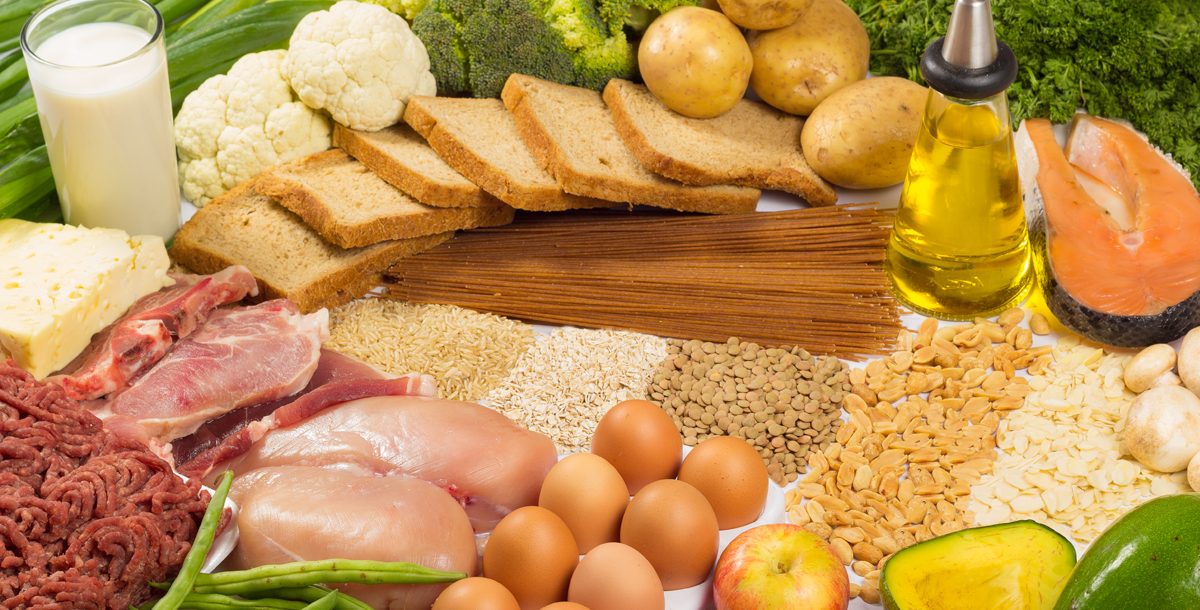Macronutrients and Micronutrients are important parts of any diet. But what exactly are they? Denise Paller, a Mercy Health Exercise Physiologist, gives the breakdown for both and how the body benefits from them.
Macronutrients
Macronutrients are nutrients that the body needs in large amounts in order to function. They give the body energy via calories. Also, they are the body’s main source of fuel in the form of glucose.
Types of Macronutrients
Carbohydrates: Active individuals need 45 percent to 55 percent total carbs from daily calories. If you are looking to lose weight, aim for 45 percent to 50 percent total carbs. Some healthy food sources for carbohydrates are brown rice and veggies, whole grain bread and whole grain pasta.
Protein: This macronutrient is used for building, repairing and maintaining body tissue. It’s important to remember that one gram of protein equals four calories. Active individuals should shoot for 10 percent to 15 percent total protein from daily calories. Some healthy food sources for protein are fish, poultry, eggs and dairy.
Fat: There is such a thing a good fat! Fat helps store energy, protects vital organs and provides insulation. However, it is important to note one gram of fat is equal to nine calories. Active individuals should aim for 25 percent to 35 percent total fat from daily calories. Healthy fats include avocados, olive oil, almonds, cashews, pecans and flax seed.
Micronutrients
Micronutrients are nutrients needed in small amounts. They allow the body to produce enzymes, hormones and other substances essential for proper growth and development. If your body does not receive the necessary amount of micronutrients, there can be severe consequences.
Types of Micronutrients
Iron: This mineral is important for motor skills as well as problem solving and learning. Healthy food sources for iron include spinach, eggs, broccoli and tofu.
Zinc: A mineral as well, zinc helps with immunity, infection prevention and nervous system growth. Meat, seeds, nuts, dairy and whole grains are all good sources for zinc.
Vitamins:
- Vitamin A – helps maintain healthy teeth, bones and skin. It is found in eggs as well as orange and yellow veggies and fruits.
- Vitamin C – an antioxidant, it helps with muscles, cartilage and collagen. Tomatoes, potatoes, and Brussel sprouts are good sources for this vitamin.
- Vitamin D – this fat-soluble vitamin helps with calcium absorption. It is found in sunlight, fish oil and milk.
- Vitamin K – it plays an important role in blood being able to clot. Leafy greens, soybeans and pumpkin seeds are foods to try.
Want more help with healthy eating habits? Find a Mercy Health provider near you today and schedule an appointment.






